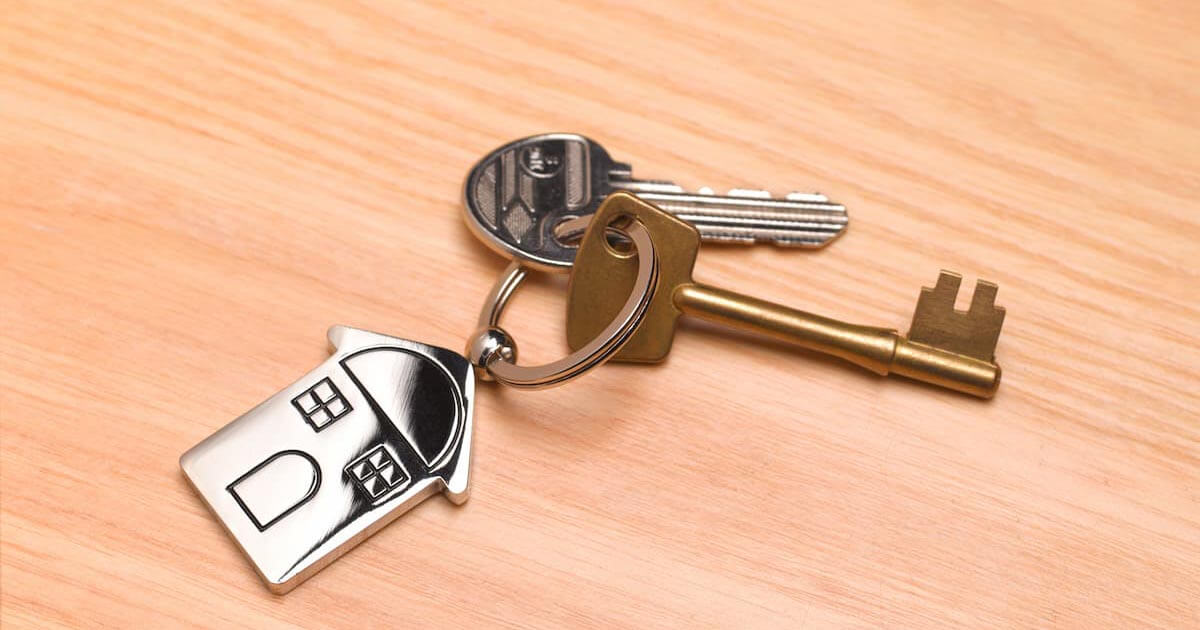Read our six tips to find an accountant that adds up for your business
1. Know your needs
Start by deciding what you want from your accountant. You may just need someone to do the basics, like simple bookkeeping or processing your company's tax return. But there is so much more that an accountant could do for you, such as:
- Help you decide the most cost effective legal structure for your business (e.g sole trader vs. limited company)
- Find tax efficiencies
- Help with invoicing
- Help with your personal tax return
- Give you advice on your options for funding or investment
- Put you in touch with a pensions advisor or lawyer
Think about where in its lifecyle your business is right now and what you want it to look like in five and ten years time. Work out what support you think you will need throughout that journey, being realistic about what you can feasibly contribute and where you will need support.
2. Firm status and experience
Next on the list is what qualifications and experience they need to help you. They should have qualified through one of the following:
- Institute of Chartered Accountants (ICAEW or ICAS)
- Association of Chartered Certified Accountants (ACCA)
- Chartered Institute of Management Accountants (CIMA)
Once chartered, accountants should keep up to date with their membership through experience and training via Continuing Professional Development (CPD).
Some firms will be specialists in certain markets or areas of accounting that can benefit niche businesses looking for bespoke accountancy and business support. Others will have spread their nets wide to cover all types of businesses, offering general accountancy services that suit most needs. Thinking about how your business is going to grow and the types of support you need will make sure you choose the firm with the right experience for you.
3. Size and location
Whether or not you need an accountant working as a sole trader or one in a large firm of accountants will depend on the complexity of your business and its needs.
Larger firms will have lots of accountants available to support you when you need them, so if your usual contact is in a meeting there will be someone else available to help you. But there’s a trade off – you’re one of a larger pool of clients, so you may not always talk to the same person or be seen immediately. Having said that, smaller firms don’t always have access to the cutting edge thinking, systems and processes for dealing with your business’s finance. But that might suit you down to the ground - your personal approach and your business’s projections might not warrant the complexity.
If you are likely to need to visit your accountants on a regular basis, picking one that is close to your business will save you from spending valuable time in the car. But if you live and work in a relatively remote location, good quality accountants with the right skill set may not be available nearby. You’ll need to weigh up the pros and cons and take a call – following your instincts is often a good place to start.
4. Communication, cost and billing
How will you want to communicate with your accountant – face-to-face meetings, phone, email or post? Finding out how they prefer to stay in touch might whittle out those that don’t suit your way of working.
If a prospective accountant has quoted a flat fee for their services, find out exactly what this includes and what it doesn’t. Ask how you will know when you pass a threshold and find out the cost of additional services.
If services are quoted on an hourly basis, find out who in the firm will provide them (less experienced accountants will cost less than the senior partners) and if and what influence you might have in who does what. This will help keep the costs down.
Some accountants will provide regular updates of fees incurred and bill on that basis. Others will bill you when your accounts are filed at the end of the year, which can put an unexpected hole in your bank balance. Decide which would suit your business better or talk to the accountant about your preferred way of working and see if they will be flexible.
5. Finding and interviewing
Once you know what kind of accountant you need, the next steps are to identify a shortlist and meet them in person if possible.
If you type ‘accountant’ followed by the name of your town into a search engine, you will see the names and locations of local firms, but you’re better starting with recommendations from other local businesses and friends. You can check these against the ICAEW directory of accountants, or the lists of members of each of the other institutes and associations shown above.
It is worth interviewing at least two accountants before signing up to give you some comparison. Not only is it about what the type of organisation they are but whether or not you will get on with them personally too.
Before the interview, prepare some questions to ask them beyond the usual ‘what do you do?’. For example, ‘how quickly will I expect to receive a response to my enquiries?’ and ‘how do you deal with complaints?’.
6. Getting the most out of your accountant
Once you have chosen your accountant, don’t just sit back and wait for them to contact you because a deadline is looming. Schedule regular meetings to discuss business generally, identify improvements in how you work together and new ways that they can help.
If you are not happy with the level of support you are getting, tell your accountant what you need and give them the opportunity to improve things. If there is a service that you need now that isn’t within their skill set, ask for their recommendations for someone who can provide it. They will value the opportunity to refer you.
















